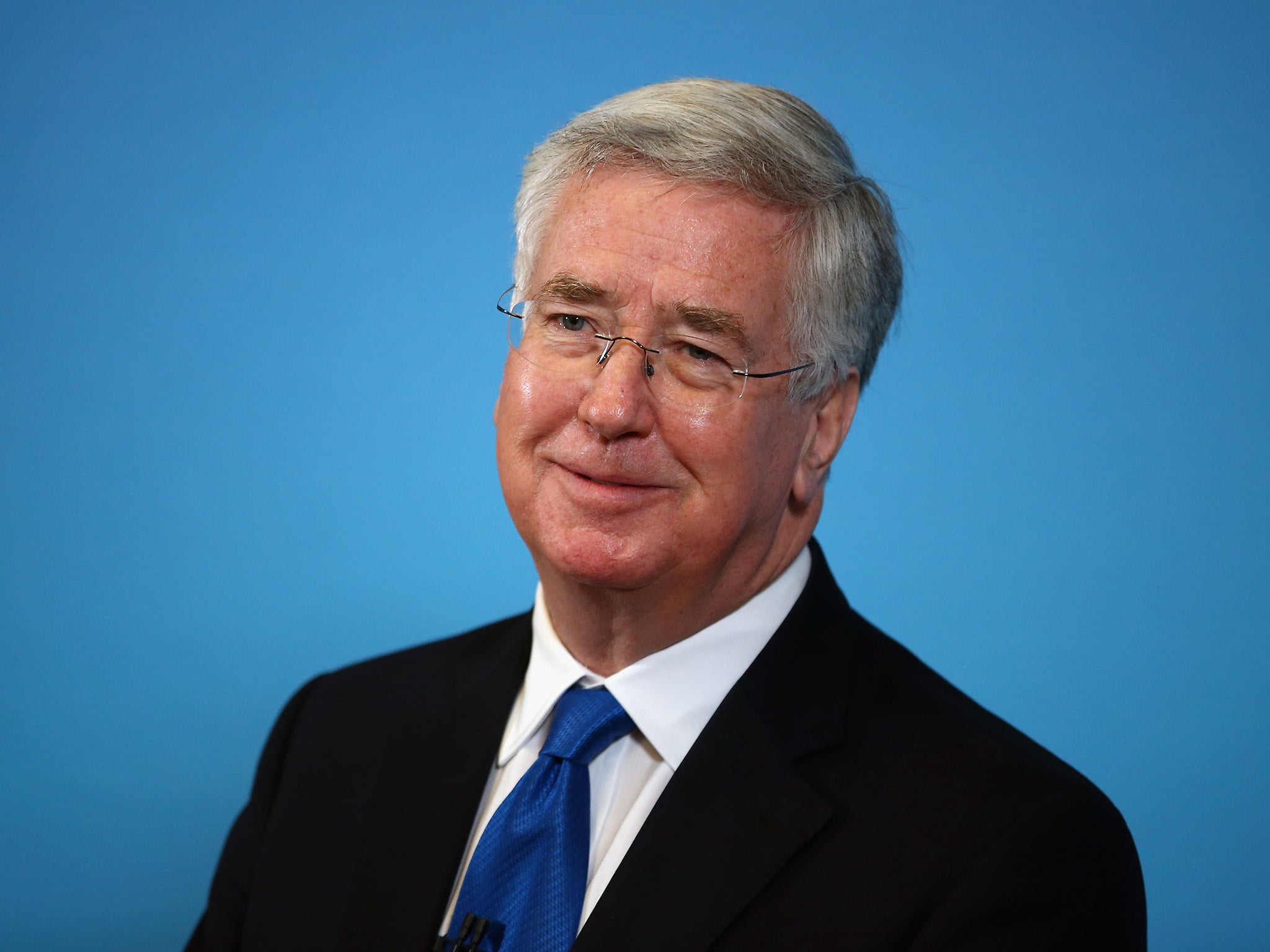Your support helps us to tell the story
From reproductive rights to climate change to Big Tech, The Independent is on the ground when the story is developing. Whether it's investigating the financials of Elon Musk's pro-Trump PAC or producing our latest documentary, 'The A Word', which shines a light on the American women fighting for reproductive rights, we know how important it is to parse out the facts from the messaging.
At such a critical moment in US history, we need reporters on the ground. Your donation allows us to keep sending journalists to speak to both sides of the story.
The Independent is trusted by Americans across the entire political spectrum. And unlike many other quality news outlets, we choose not to lock Americans out of our reporting and analysis with paywalls. We believe quality journalism should be available to everyone, paid for by those who can afford it.
Your support makes all the difference.Every minister in David Cameron’s cabinet is a eurosceptic, the defence secretary has said.
Michael Fallon said there was nobody around the cabinet table who was particularly enthusiastic about the European Union.
“I think we’re all eurosceptics now. I don’t see any eurofanatics around the cabinet table,” he told BBC One’s Andrew Marr Show.
“We are all part of the reform commitment we made in the manifesto to get a better deal out of the EU and I think David Cameron was pretty prescient to make the movement of peoples and the claiming of benefits one of the key areas for reform."
Mr Fallon made the comments in response to a question about whether eurosceptic ministers would be demoted so they would be free to campaign against the Government line.
Mr Cameron wants the Government to campaign for Britain to stay in a reformed European Union after his renegotiation is complete.
The Prime Minister has not confirmed whether he would allow Cabinet ministers to campaign on either side of the EU referendum, which is due in 2017.
The renegotiation is planned to include changes to freedom of movement and welfare benefits.
Mr Fallon indicated that the renegotiation was going well and that other heads of state were beginning to come around to the Conservatives’ view.
“I do think other European leaders are now beginning to realise that the originally European construct that anybody can move anywhere, that we were very wise to opt out of the Schengen arrangements and that we are right to pursue what is in our best national interest,” he told the programme.
Last month the French government’s economy minister Emanuel Macron said treaty change in response to UK renegotiation efforts should not be “taboo”.
There are still significant hurdles to such amendments, however. Other countries remain hostile to some of the measures David Cameron is proposing and would be unlikely to ratify changes that went against their interests.
Additionally, some European countries are keen to avoid treaty change because of the existence of constitutional clauses that would require automatic referenda to ratify changes.
Mr Cameron conceded in June that it was unlikely that any treaty amendments could be implemented before Britain’s plebiscite, his original plan.
Mr Cameron has at times struggled to find allies in Europe. Sweden’s ideologically similar centre-right government, formerly the Tories’ closest partner, was ejected from office in last year’s elections.
The PM has yet to produce total agreement with other states over major changes.
He has unveiled plans to make it more difficult for EU nationals to claim UK benefits and for the removal of jobless migrants.

Join our commenting forum
Join thought-provoking conversations, follow other Independent readers and see their replies
Comments